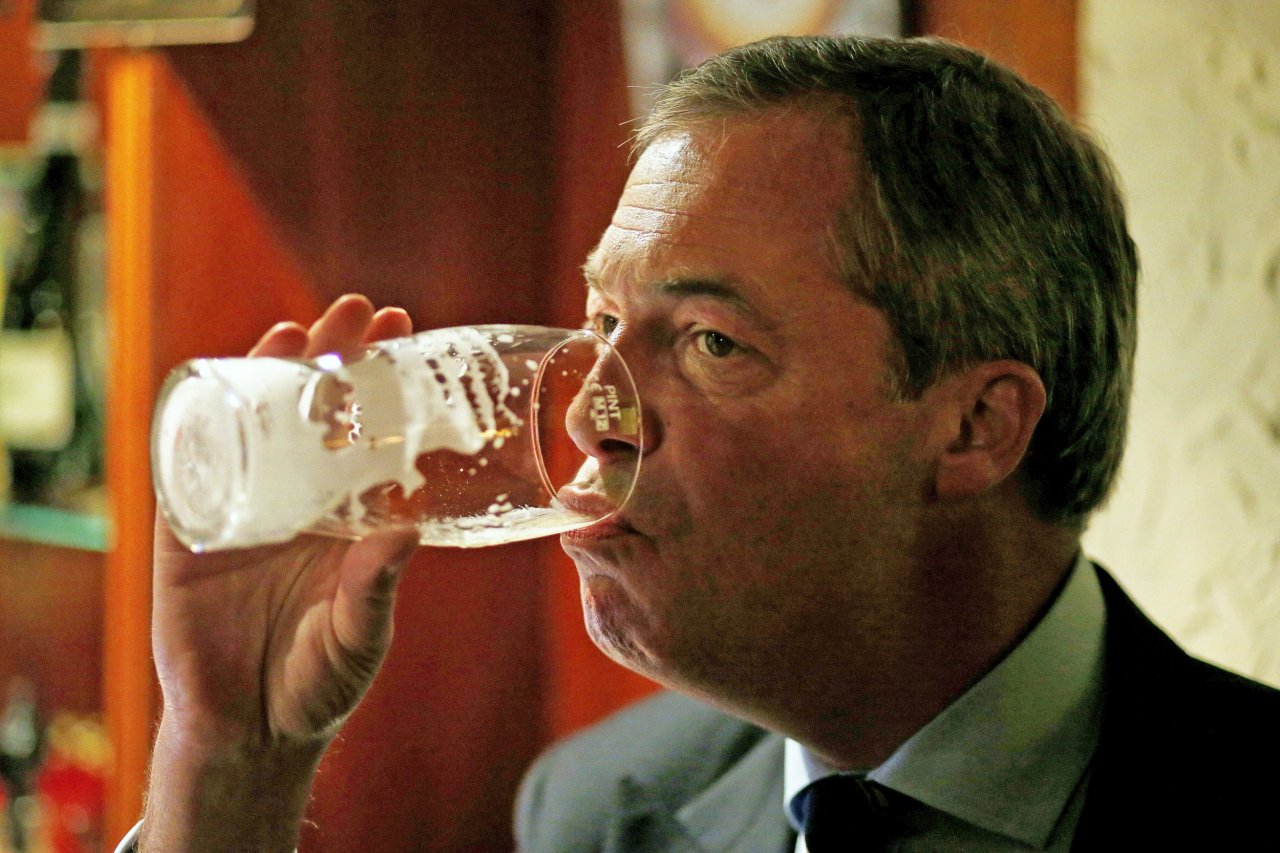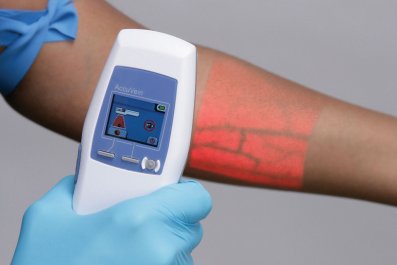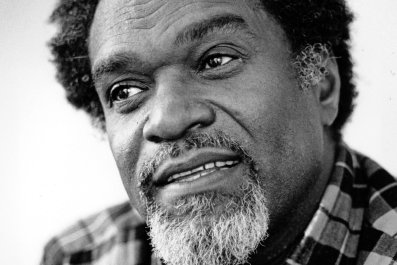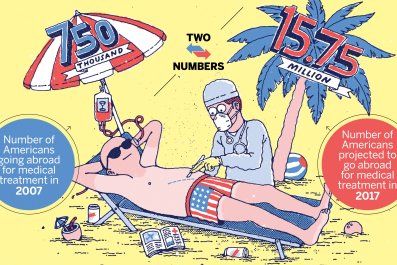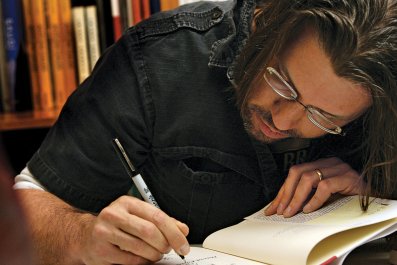The first week of January is when alcohol sales collapse and family lawyers are at their -busiest. The two may be connected. But while divorce has always been with us, -giving up the booze for a month is a middle-class sport whose popularity is soaring. According to the charity Alcohol Concern, four times as many people signed up for Dry January in 2014 as they did the previous year – and while the 17,000 pledges it recorded represent just a tiny fraction of the 9.6 million Britons who drink in excess of the recommended daily amounts, tens of thousands more will attempt to go alcohol-free this month.
Last autumn, 100,865 people tried to Go Sober for October, three times as many as the year before, raising £3.6m for the stunt's organisers, Macmillan Cancer Support. But does going dry for a month work? It depends what you want. More than 70% of pledgers succeeded in completing the 2014 Dry January, according to research done by Sussex University, though only 4% were still not drinking six months later.
But then most of us who worry about how much we drink don't want to stop entirely – far from it. We want to get a grip on the habit. By abstaining people can, as Dr Kevin Fenton of Public Health England, puts it "reset their relationship with alcohol" – 72% of the Dry January participants were still drinking less six months on, according to the Sussex research –"Even if [they] didn't successfully complete the 31 days, it generally led to a significant decrease across all the measures of alcohol intake".
What a dry January will do is help with your New Year diet. Alcohol is full of what nutritionists call "secret calories" – 170kcal in a pint of beer, 118 in a standard glass of wine. Drinking five pints of lager a week for a year is the equivalent of eating 221 doughnuts. "Detoxing" is, physiologically-speaking, a myth: the British Liver Trust says that a month's abstinence is "futile". It's better to give the liver a rest for a few days each week. But cutting out alcohol will, for most of us, lower our total calorie intake by 15-20% – meaning we don't have to give up anything else in January to lose some Christmas weight.
Though you should watch out for no-alcohol beer: "I got addicted to it and now I have a beer belly," complains Lucy Harvey, an Edinburgh graphic designer who completed Go Sober for October, raising £650. How hard was that, as a challenge? "It's not climbing Kilimanjaro," she says. "I think it's worse for men – if you're a mum, you know about stopping drinking from pregnancy. But I really missed my relaxing, six o'clock glass of wine. Some friends really don't like you doing it: they complain you're spoiling their party. They'll feed you salty things to try and get you to drink. Dinner parties are awful: people just repeat themselves. Turns out they're not as hilarious if you've not been drinking."
Not all the alcohol agencies back giving up drink for a month. Drinkaware, whose slogans you'll find on TV adverts and most bottles of alcohol produced in the UK, does not promote Dry January. This may be because the organisation is funded by the drinks industry, in order to distract government from imposing higher taxes or a minimum price for booze, something most British professionals working in alcoholism recommend.
Drinkaware doesn't tell you not to go dry, but its chief medical officer says: "It's important not to assume that having a break from alcohol for a while means it's OK to drink to excess the rest of the year. It's also important to recognise that just because you can stop drinking alcohol for a period of time it doesn't mean you don't need to continue to moderate your drinking in the long term."
Do dry months hurt the pubs, which are currently closing at a rate of seven a week? "January is a quiet month anyway," says Neil Williams of the British Beer and Pub Association. There are other benefits. As many people who share beds know, less alcohol means less snoring: 62% of the abstainers in the Sussex research felt they slept better and had more energy – and most saved money, 82% said they felt a sense of achievement, of having taken back control over something in their lives.
Nearly a quarter of the survey had moved, in Alcohol Concern's terms, from the "harmful consumption" bracket to "low risk". These definitions come from AUDIT, the World Health Organization's Alcohol Use Disorders Identification Test (you can take it online, or, in a short version, on the right). For most drinkers, answering the 10 questions is dispiriting. A score of just 8 out of 40 indicates "hazardous or harmful alcohol use". "I think people who give up are just trying to prove they don't have a problem," says Catherine Phipps, a food writer who's also had a go at abstinence. "It's harder to drink less than not drink at all." The real challenge – and the best for your poor old liver – is to go a bit easier on the booze. Permanently.



